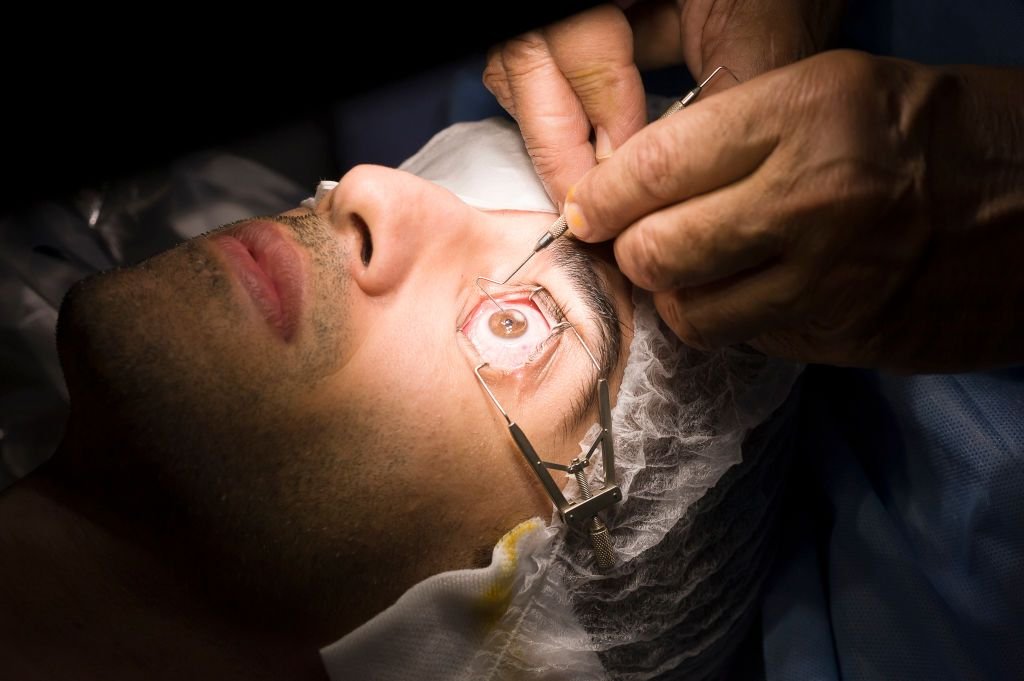LASIK, or laser-assisted in situ keratomileusis, is a type of refractive eye surgery that is used to correct vision problems such as nearsightedness, farsightedness, and astigmatism. Like any surgery, LASIK has both potential benefits and risks, and it is important to carefully weigh the pros and cons before deciding if it is right for you.
Some potential pros of LASIK surgery include:
Quick and painless procedure: LASIK is typically performed on an outpatient basis and takes only a few minutes to complete. Most patients do not experience any discomfort during the surgery, and they are able to return home the same day.
High success rate: LASIK has a high success rate, with many patients experiencing an improvement in their vision the day after surgery.
Long-lasting results: The results of LASIK surgery are typically long-lasting, and many patients are able to enjoy improved vision for 5-10 years or even decades before needing reading glasses or other corrective surgeries.
Some potential cons of LASIK surgery include:
Infection: As with any surgery, there is a risk of infection with LASIK. This can usually be treated with antibiotics, but in rare cases it can lead to more serious complications such as vision loss.
Dry eyes: LASIK can cause temporary dry eyes, which can be uncomfortable and can affect the quality of your vision. In some cases, dry eyes can be a long-term side effect of the surgery.
Flap complications: During LASIK surgery, the surgeon creates a flap in the cornea using a laser or a blade. In rare cases, the flap can become dislodged or move out of place, which can lead to complications and may require additional surgery to correct.
Vision loss: In very rare cases, LASIK surgery can result in permanent vision loss. This is typically the result of a severe complication, such as an infection or a flap complication, and can be very serious.
Poor Night Vision: Some patients may notice that their night vision is not as good as it was before the surgery. This can be due to several factors, such as dry eyes, halos, or starbursts around lights at night.
Not suitable for everyone: LASIK is not suitable for everyone, and certain medical conditions or lifestyle factors can make it less effective or even contraindicated. For example, LASIK may not be suitable for people with dry eyes, certain autoimmune disorders, or a history of eye infections or injuries.
Not covered by insurance: LASIK is considered an elective procedure, so it is not typically covered by insurance. This means that patients will need to pay out of pocket for the surgery, which can be expensive typically $4,000-$7,500 per procedure.
It is important to remember that these complications are rare, and most people who undergo LASIK surgery do not experience any serious long term problems.
Click here to learn more about the difference between Lasik and PRK
Overall, for many patients, the potential benefits of LASIK surgery can outweigh the risks, but it is important to carefully consider all of the pros and cons before making a decision. It is also important to consult with Dr. Johnson at iCare Family Vision who can provide more information and help you determine if LASIK is right for you.


